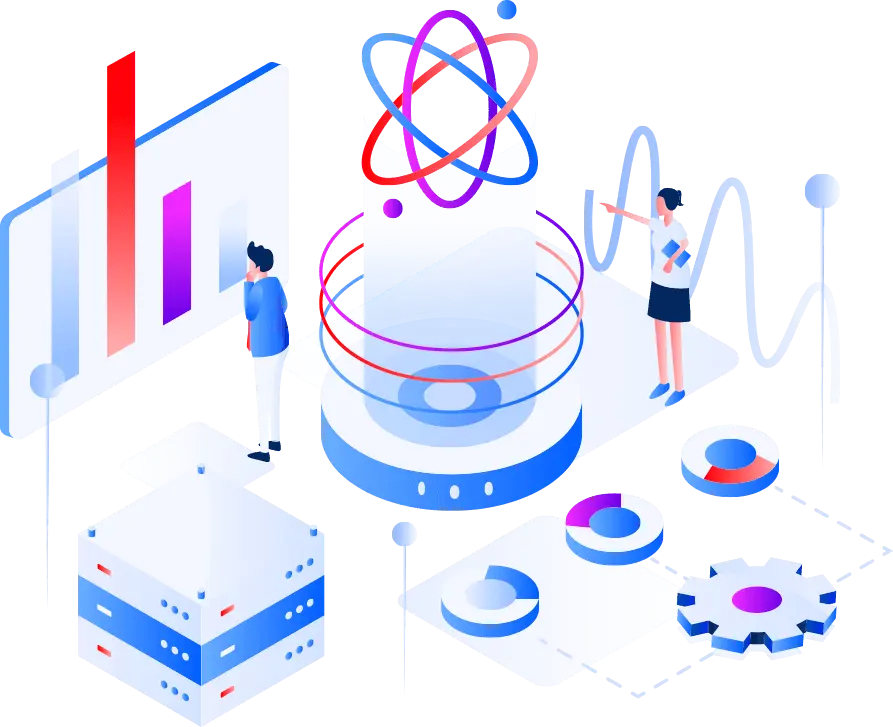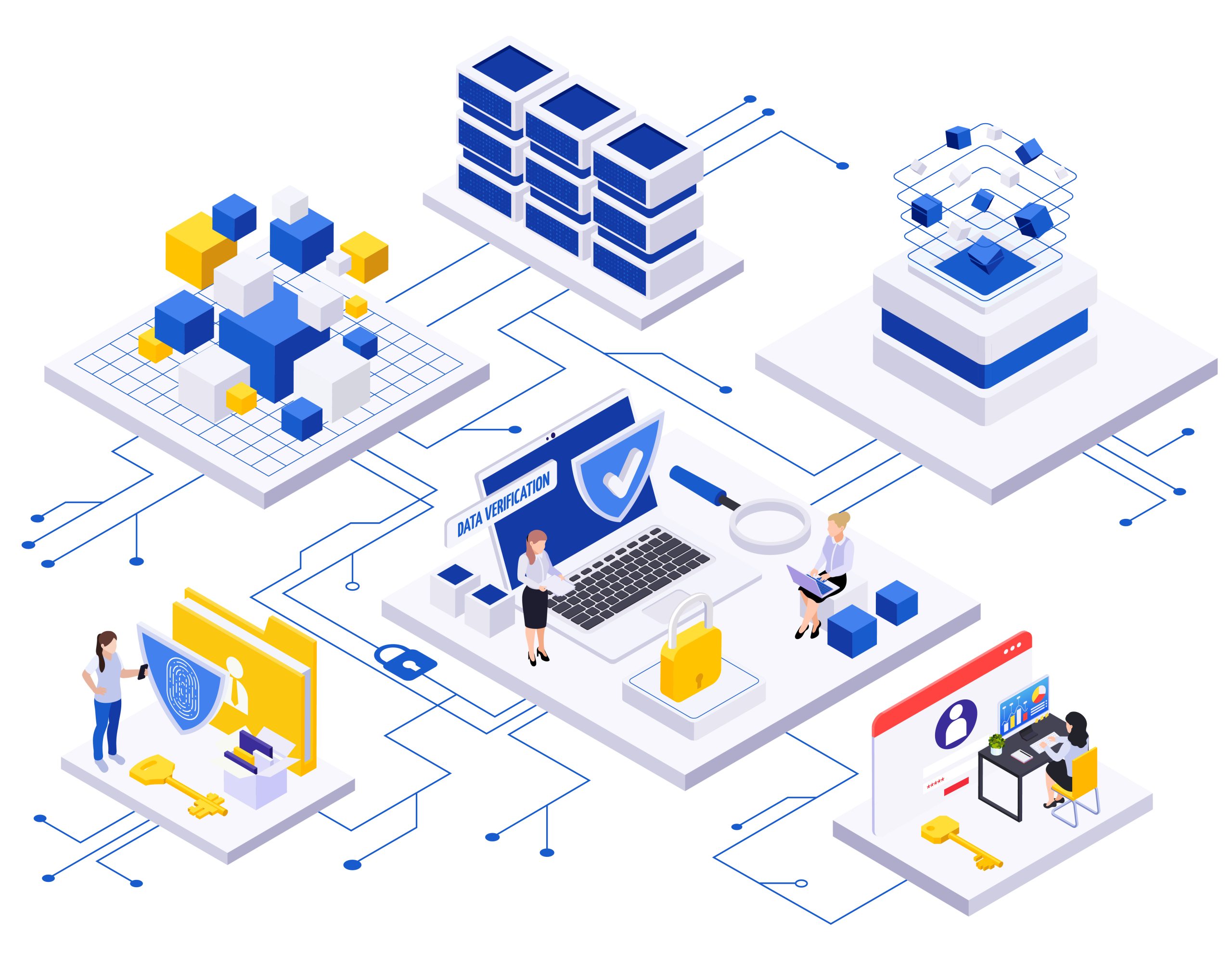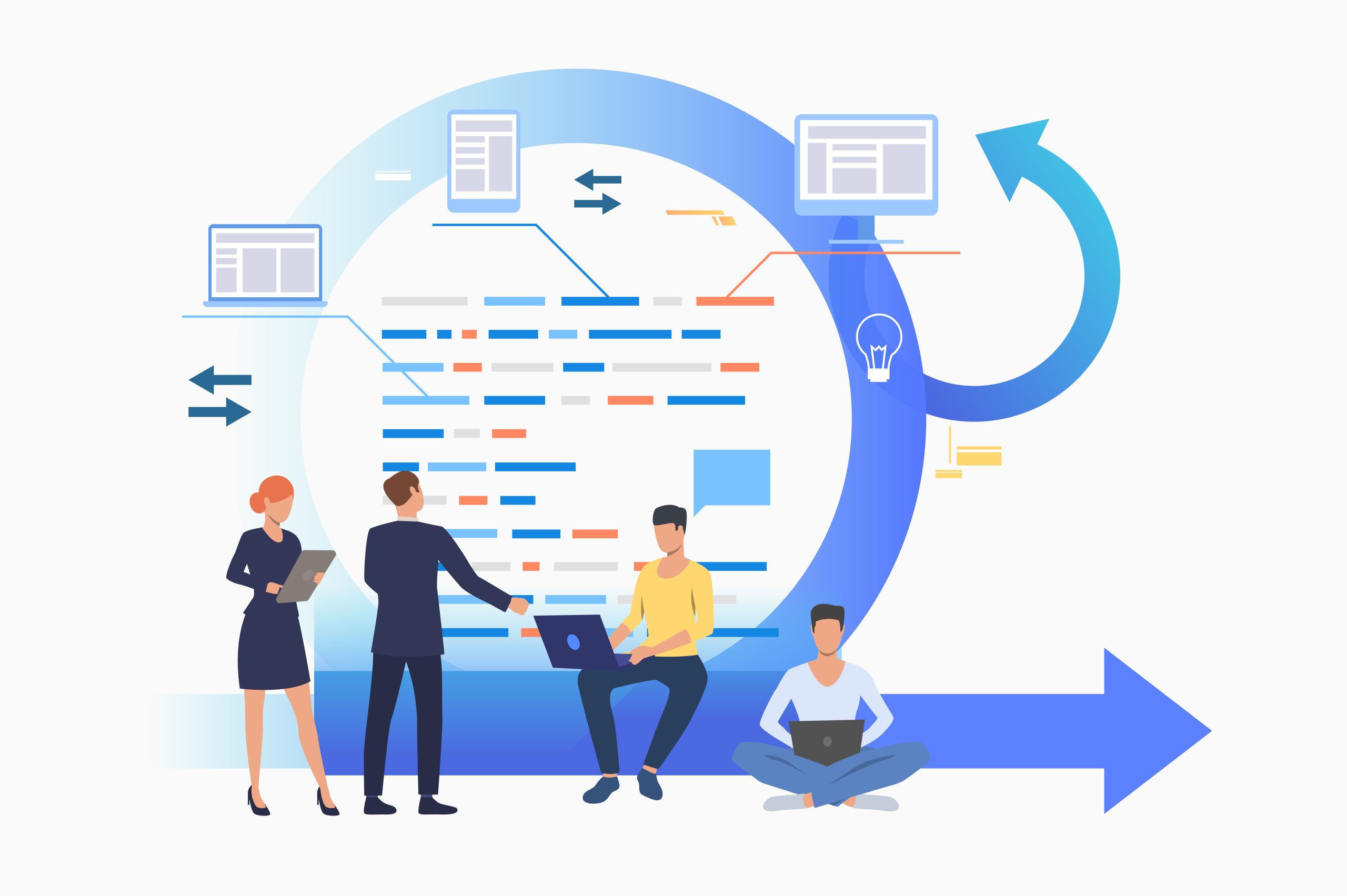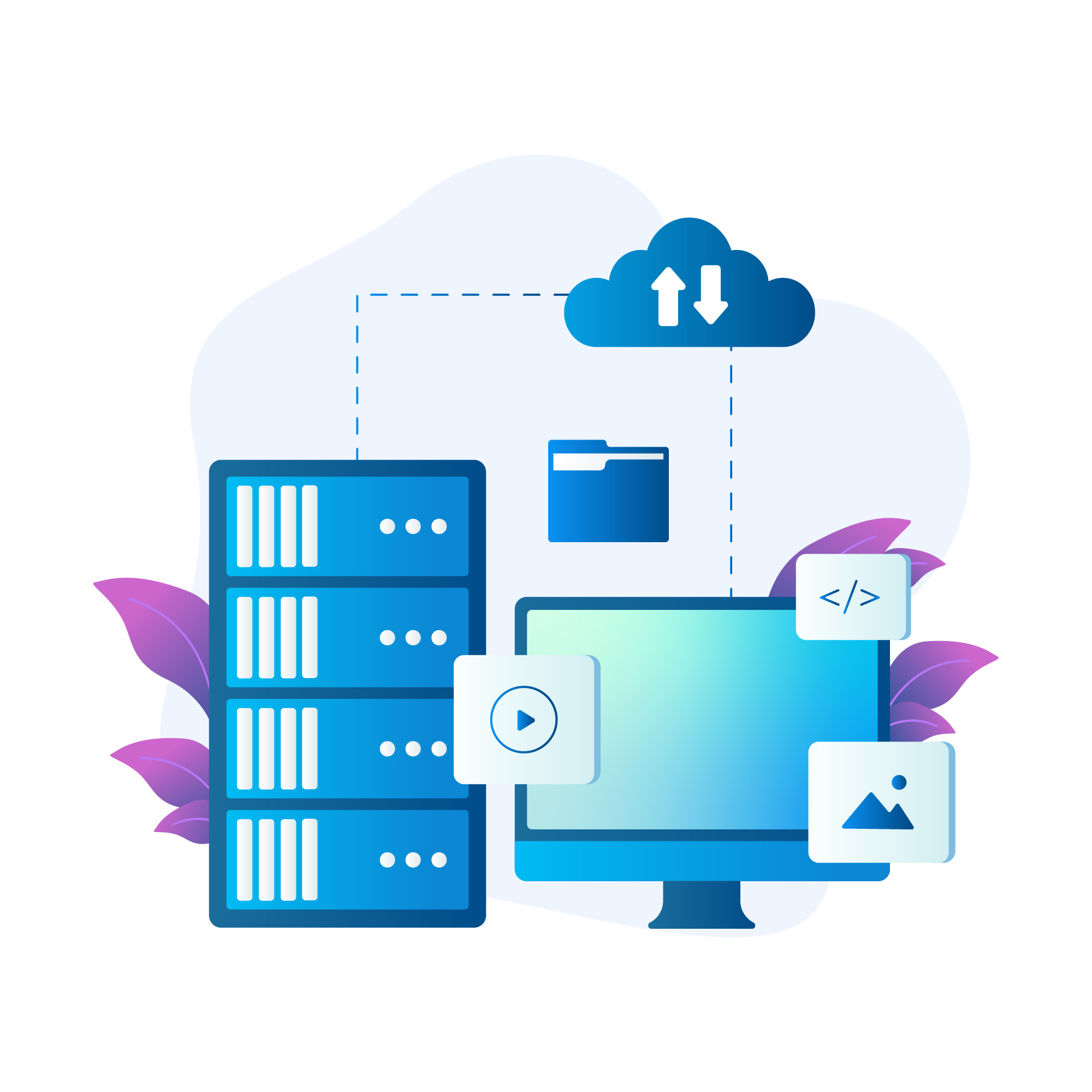Introduction
In the ever-evolving world of software development, success hinges not only on the quality of code but also on the methodology used to create it. Software development methodologies are structured approaches and practices that guide the software development process from inception to deployment. They are like roadmaps that help development teams navigate the complex journey of turning ideas into functional software. In this blog post, we will explore the diverse landscape of software development methodologies, shedding light on their advantages, disadvantages, and when to use them.
- Waterfall Methodology
The Waterfall methodology is one of the oldest and most linear approaches to software development. It follows a sequential progression through distinct phases, including requirements gathering, design, implementation, testing, deployment, and maintenance. Each phase must be completed before moving on to the next.
Advantages:
- Well-structured and easy to understand.
- Clear project milestones.
- Suitable for projects with stable requirements.
Disadvantages:
- Limited flexibility to accommodate changing requirements.
- Late feedback, can lead to costly revisions.
- Risk of scope creep.
Best Suited For: Projects with well-defined, unchanging requirements, such as government contracts or manufacturing.
- Agile Methodology
Agile is a highly flexible and iterative approach to software development. It emphasizes collaboration, customer feedback, and incremental progress. Agile methodologies include Scrum, Kanban, and Extreme Programming (XP), among others. These methodologies encourage small, cross-functional teams to work collaboratively and deliver functional increments in short iterations.
Advantages:
- Adaptability to changing requirements.
- Regular feedback from stakeholders.
- Faster time-to-market.
Disadvantages:
- Requires active client involvement.
- May lack detailed documentation.
- Can be challenging for large-scale projects.
Best Suited For: Projects where requirements are expected to evolve or for startups and small teams.
- DevOps
DevOps is more of a cultural and operational shift than a strict methodology. It promotes collaboration between development and operations teams to automate and streamline the software delivery process. DevOps practices focus on continuous integration, continuous delivery (CI/CD), and automated testing.
Advantages:
- Faster and more reliable software delivery.
- Improved collaboration between teams.
- Reduced deployment risks.
Disadvantages:
- Requires a cultural shift within organizations.
- Initial setup can be resource-intensive.
- May not be suitable for all types of projects.
Best Suited For: Organizations looking to improve the efficiency and reliability of their software delivery pipelines.
- Lean Software Development
Inspired by lean manufacturing principles, Lean Software Development aims to minimize waste and maximize value for the customer. It focuses on delivering only what is necessary, reducing unnecessary work, and optimizing workflow.
Advantages:
- Efficient resource utilization.
- Faster delivery of valuable features.
- Emphasis on customer value.
Disadvantages:
- May require a change in organizational culture.
- Complex projects may not fit the lean approach.
Best Suited For: Projects where efficiency and customer value are paramount, such as startups.
- Spiral Model
The Spiral Model combines elements of both the Waterfall and iterative development models. It consists of multiple cycles, each encompassing phases of risk assessment, planning, engineering, and evaluation. The model is particularly well-suited for large, complex projects with evolving requirements.
Advantages:
- Regular risk assessment and mitigation.
- Flexibility to accommodate changing requirements.
- Suitable for high-risk projects.
Disadvantages:
- Can be time-consuming and costly.
- Requires skilled project management.
Best Suited For Complex projects with evolving requirements or those with high levels of uncertainty.
Conclusion
Choosing the correct software development methodology is crucial to the success of any software project. Each methodology has its own strengths and weaknesses, making it essential to evaluate your project’s specific requirements and constraints before selecting the most appropriate approach.
In practice, many development teams also employ hybrid methodologies, combining elements from various approaches to tailor their processes to their unique needs. The key to successful software development lies in adaptability, collaboration, and a commitment to delivering value to the end-users.











